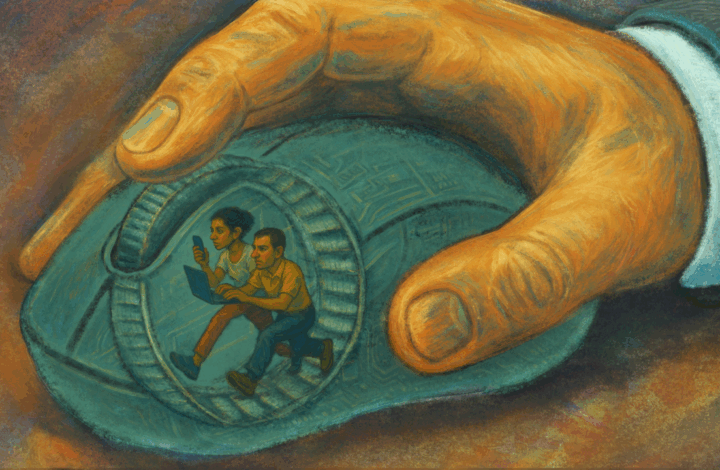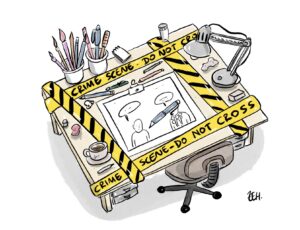
Code as Critique
Relearning Technical Practice in the Ruins of Big Tech
Dates: 26–27 November 2025
Location: Amsterdam
Organised with the support of: the Digital Infrastructure Insights Fund, the Netherlands Institute for Advanced Study in the Humanities and Social Sciences (NIAS), and Leiden University.
Consult the following page for the workshop programme: https://www.jboy.space/nias-workshop.
The workshop will conclude with a public keynote (on Thursday 27 November, 20:00) by Christine Lemmer-Webber, Executive Director of the Spritely Institute. Her presentation titled “We Can Change the Defaults: Building Networks of Consent and Spaces of Joy in the Ruins of Social Media,” will introduce the research and development work of Spritely and the joyful collective learning process the institute seeks to foster in transforming how networked systems are built. You can find more information on the keynote by Christine Lemmer-Webber on the SPUI25 website. The event is followed by drinks.
The keynote is co-hosted by the Critical Infrastructure Lab and co-sponsored by the Amsterdam Centre for European Studies.
Image: Leo Lau & Digit / Wheel of Progress / Licenced by CC-BY 4.0
-
 Fellow
FellowJohn Boy
-

-

NIAS Book Series 11 February 2026EventInstitutional Surveillance and the Struggle for Epistemic Diversity
-
